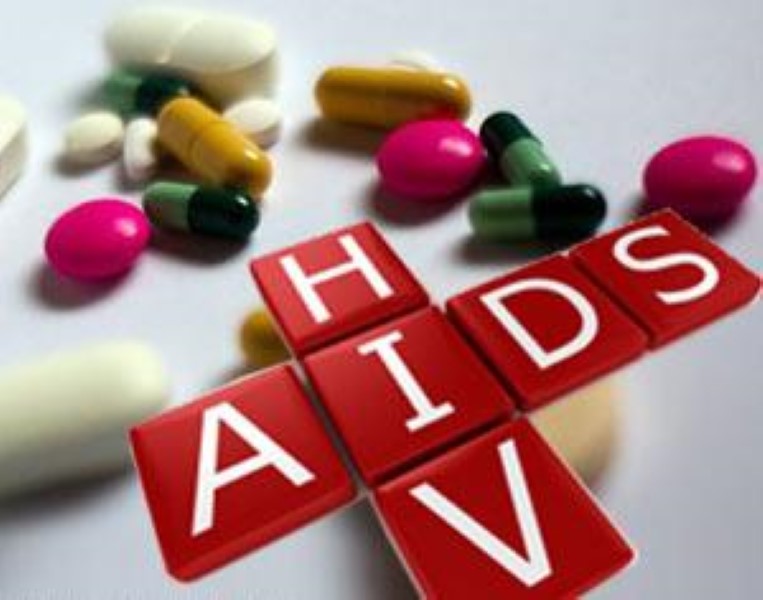Human immunodeficiency virus, more commonly known as HIV, is one of the deadliest infectious diseases around the world. However, there are now medications available to help stop this disease. Once people get tested for HIV and come back as positive for the virus, the guidelines from around the world are now to get on medication right away. The guideline used to be to wait to get on medication until people were sicker, measured by the amount of a certain type of immune cell in people’s blood called CD4 cells. Fewer CD4 cells mean a less effective immune system, and when the CD4 cell count gets low enough in the blood, that means a person’s diagnosis of HIV turns into AIDS (acquired immunodeficiency syndrome).
Because the HIV virus is a retrovirus, it must be treated with antiretroviral drugs. Antiretroviral therapy works against the HIV virus to stop it from spreading throughout the patient’s body, and can reduce the chances of them passing HIV on to other people. However, if people living with HIV begin their antiretroviral medication right away, the medication may become less effective against the virus over time. This phenomenon is known as acquired drug resistance. The idea is that the longer the patient is on antiretroviral medications, the greater the opportunity there is for the virus to develop a resistance. On the other hand, if people have to wait to get on medication until their immune system is weaker, it is likely to lead to further suffering.
To determine if it is worth having HIV-infected patients wait to start therapy, , it is important to know how significant the effect of waiting actually is. A team of researchers decided to compare the risk of acquired drug resistance from three different types of HIV patients: those who began medication right after they were diagnosed as HIV positive regardless of their CD4 cell count, those who waited to get on treatment until their CD4 cell counts were less than 500 per milliliter of blood, and those who waited to get on treatment until their CD4 cell counts were less than 350 per milliliter of blood. They used routine data collected from HIV patients from 5 European countries, and looked at their data over 7 years. Overall, 50,981 HIV positive patients were included in their study.
Since only a small percentage of the patients sampled had been tested for acquired drug resistance throughout the study, the researchers used that data to make a prediction about the rest of the patients’ risk. The researchers found that the estimated risk of getting acquired drug resistance to HIV medications over 7 years was 3.2% for the group that started medication right away, 3.1% for those with the lowered immune system (CD4 cells < 500), and 2.8% for the group with the lowest immune system in the study (CD4 cells < 350).
It seems that the risk of acquired drug resistance to HIV medication is very low overall. More importantly, starting medication immediately after patients are diagnosed with HIV only slightly increases the risk of resistance. Therefore, the data from this study supports the current world guidelines of starting HIV medication right after diagnosis, as the benefits greatly outweigh the risks. It can be concluded that treating HIV promptly with antiretroviral drugs is important for stopping this deadly epidemic.


